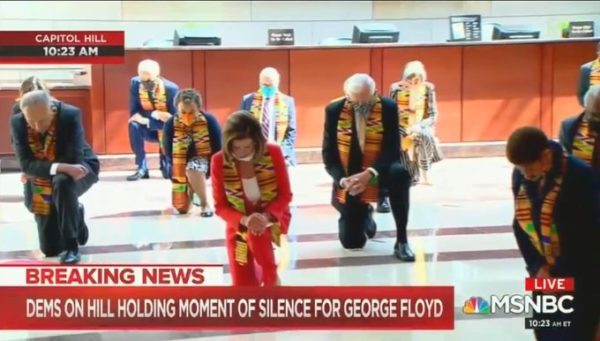The Policing Crisis

The call to defund or abolish the police is a gift to the right. We need instead a series of radical reforms along with enhanced training, closer supervision, and democratic accountability. We should be looking to models that work rather than engaging in fantasies about civil patrols and communal policing, which will ultimately mean an expansion of private guard labor and private policing, unaccountable to public oversight.
Between #Defund and Reform: Reimagining Safety and Restructuring American Policing

By decriminalizing minor infractions and offering alternatives to police interactions, including utilizing technology to overcome unnecessary, unsafe, and costly traffic stops, the U.S. could improve safety outcomes. Instead of a call to #defund law enforcement, let’s question where funding comes from in order to restructure it and create a better public safety infrastructure.
Are unions the prime determinants of police behavior?

As others here have said, the primary function of the police is to protect property rather than people. More specifically, it is to contain and repress the anxiety and anger caused by economic desperation. It is also to clear out low-income areas for gentrification, and broadly to police the borders between higher-income and poor parts of town. As the economy gets more unequal and a growing proportion of people fall into increasingly desperate economic straits, more and/or more aggressive policing is needed to accomplish this goal.
Policing Crisis Requires Moving Beyond Current Discourse

It’s 100% true that cops in our society are on what I would say is the wrong side of basically everything politically. But that’s actually true of a lot of occupations. Coal miner’s living depends on extracting carbon from the earth that poisons the entire world, but disproportionately so members of their own class, to enrich a small number of ruthless plunderers.
Browse

The Triumph of Black Lives Matter and Neoliberal Redemption

Black Lives Matter sentiment is essentially a militant expression of racial liberalism. Such expressions are not a threat but rather a bulwark to the neoliberal project that has obliterated the social wage, gutted public sector employment and worker pensions, undermined collective bargaining and union power, and rolled out an expansive carceral apparatus, all developments that have adversely affected black workers and communities. Sure, some activists are calling for defunding police departments and de-carceration, but as a popular slogan, Black Lives Matter is a cry for full recognition within the established terms of liberal democratic capitalism. And the ruling class agrees.
How Racial Disparity Does Not Help Make Sense of Patterns of Police Violence

Despite its proponents’ assertions, antiracism is not a different sort of egalitarian alternative to a class politics but is a class politics itself: the politics of a strain of the professional-managerial class whose worldview and material interests are rooted within a political economy of race and ascriptive identity-group relations. Moreover, although it often comes with a garnish of disparaging but empty references to neoliberalism as a generic sign of bad things, antiracist politics is in fact the left wing of neoliberalism in that its sole metric of social justice is opposition to disparity in the distribution of goods and bads in the society, an ideal that naturalizes the outcomes of capitalist market forces so long as they are equitable along racial
Nineteen Gnomic Stanzas

A bison will savor a dust wallow.
His motto is “Anything goes.”
Have a look at the ants in the closet
eating your clothes.
The Work of Feelings in Public Schools

Public schools that design curriculum to focus on belonging and social emotional skills are training students for low-wage jobs—and non-ironically calling this training equity and inclusion. Valorizing equity in this way—at the level of feelings—doesn’t only mean pushing aside teaching novels and covering anti-racist art if it makes students feel bad. It also means cultivating a principled indifference to the real wages of the working poor, including those who work for public schools.
Why Do Universities (Still) Have Endowments?

While trustees of institutions with large endowments may think they’re guarding intergenerational equity or intragenerational equity (in the form of expanded access in the present), they are really merely mounting vigorous campaigns of wealth accumulation that increase inequality. So why do these universities still have endowments?
